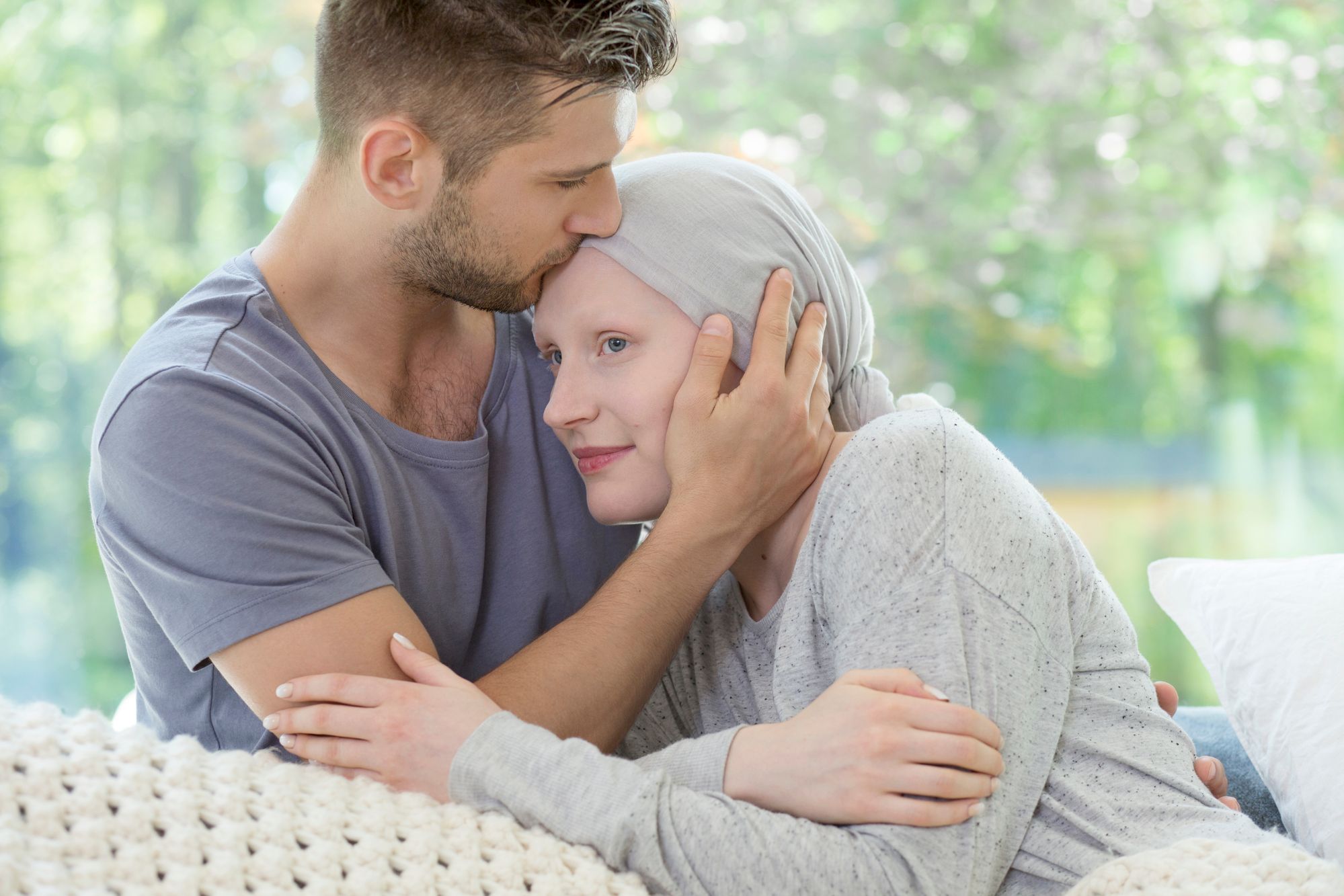Sexual Side Effects of Cancer Treatment
Roswell Park’s Two New Clinics
Courtesy Roswell Park Cancer Talk Blog
It’s no secret that cancer treatment can be taxing on your body, your psyche, and your family. One issue that seems to be a secret is what cancer does to your sex life. Lasting effects from surgery, chemotherapy, and radiation can impact a person’s ability to have sex or even desire a sexual relationship. Addressing these effects and restoring sexual health is the focus of two new clinics at Roswell Park Comprehensive Cancer Center, one specifically for men, and another for women.
For men, cancers that affect the genitourinary tract, such as prostate and bladder cancers, pose a higher risk to sexual health. Surgery to remove the prostate or bladder can cause erectile or urinary dysfunction. However, sexual side effects can also result from other cancer treatments. For example, long-term chemotherapy can cause neuropathy of the nerves that control the bladder, leading to neurogenic bladder dysfunction. Radiation to the brain can lead to hormone changes that cause hypogonadism, resulting in lower testosterone levels. The most common sexual side effects affecting men are problems with erections or ejaculation, low testosterone levels which can produce symptoms of fatigue, weight gain, cognitive issues, decreased sexual drive, and urinary issues.
“These side effects don’t have to become permanent,” says urologist Ahmed Aly Hussein Aly, MD, who runs the Men’s Sexual Health Clinic. “We can manage and improve them and help minimize the cost of cure from cancer.” Women are also at risk for sexual side effects. The treatments for three of the top four women’s cancers include pelvic or breast surgery, pelvic or breast radiation, chemotherapy and anti-estrogen therapy, which directly impacts sexual function for many women. Among the most common issues that women face pain with intercourse, lack of interest or low libido, vulvar and vaginal dryness, physical changes or scarring from mastectomy or other surgery, changes in body image, changes in anatomy or function of genitals or skin, coping with an ostomy (colostomy, urostomy or nephrostomy), and anxiety, depression and fear related to intimacy.
Survivorship and quality-of-life programs to help patients regain physical, emotional, and spiritual health that are an important part of cancer care. One area that experts say deserves greater attention — restoring sexual health — is the focus of the new health men’s health and women’s health clinics.
Cancer and cancer treatment affect patients’ ability to interact intimately in a number of ways, including lack of interest, issues with body image and pain, explains gynecologic oncologist Melissa Moffitt, MD, Assistant Professor of Oncology at Roswell Park, who heads the clinic. “These can be sensitive and uncomfortable topics for patients and practitioners to bring up, and why both of these clinics are so important,” says Dr. Moffitt.
A visit to both clinics involves a physical exam and discussion to identify problems and develop a treatment plan. “When cancer treatment leads to sexual dysfunction, we need to be just as diligent about addressing it. Improved sexual function improves quality of life,” says Dr. Moffitt.
Learn more about cancer topics at www.roswellpark.org/cancertalk. To make an appointment for either the Men’s or Women’s health clinic call 1-800-767-9355.












